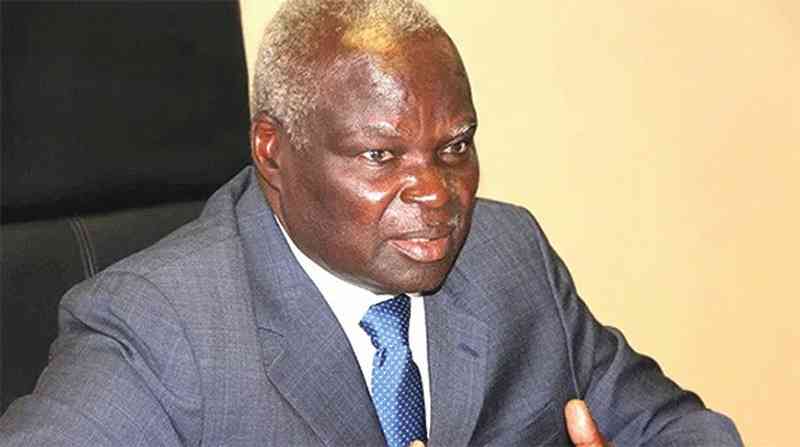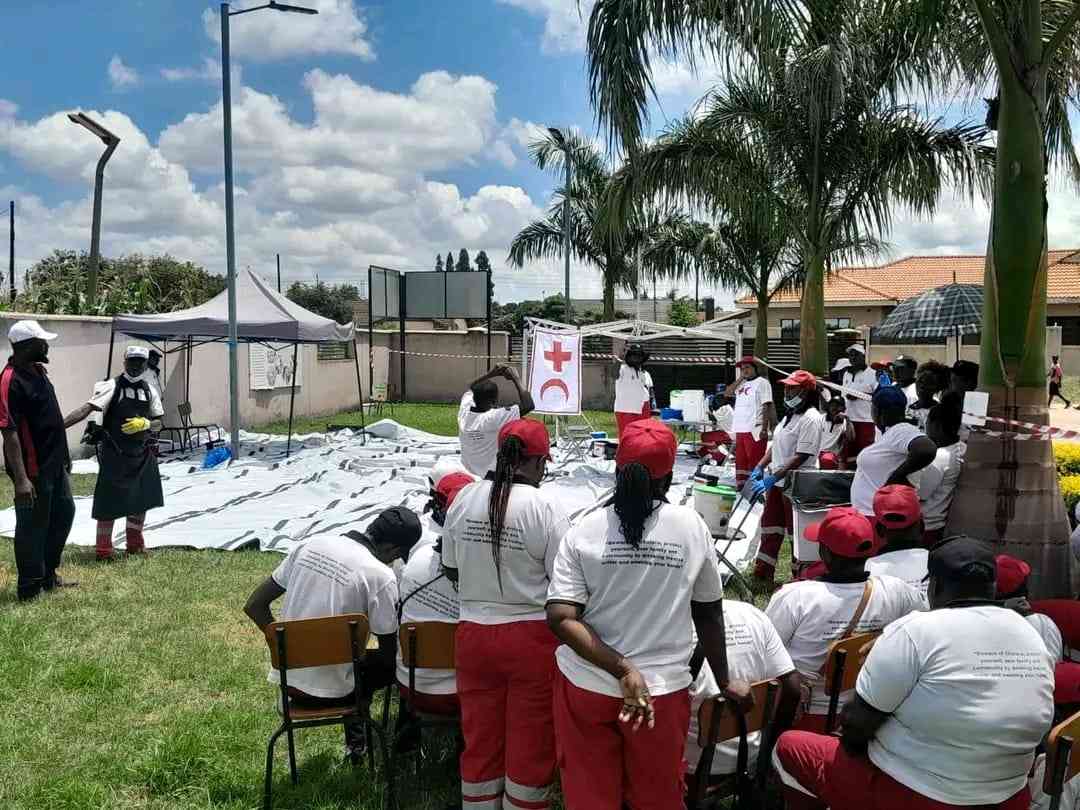
A landmark High Court judgement that declared sections of Zimbabwe’s Termination of Pregnancy Act (Topa) unconstitutional has been hailed as a turning point in the battle to ensure that abortion services are accessible and responsive to the realities and rights of women.
Justice Slyvia Chirawu-Mugomba on November 11 upheld an application by the Community Working Group on Health (CWGH) and Member of Parliament, Nyasha Batitsa, challenging the validity of section 4(a) and the definition of “unlawful intercourse” in section 2(1) of Topa [Chapter 15:10].
The application sought to remedy gaps that have historically excluded women with mental disabilities from meaningful access to lawful termination of pregnancy, despite the constitution’s guarantees of dignity, equality, health, bodily integrity, and freedom from cruel, inhuman, or degrading treatment.
“We argued that section 4(a) unlawfully confined lawful termination to threats to physical health, ignoring contemporary constitutional and medical understandings of health as encompassing mental and psychological well-being,” said CWGH after the ruling.
“We further challenged the act’s failure to recognise pregnancies resulting from sexual exploitation of institutionalised mental-health patients, even though section 106 of the Mental Health Act criminalises such conduct due to the absence of legal capacity to consent.”
Constitutional law expert and human rights lawyer Tendai Biti represented the litigants in the case that is set to change the way abortion is viewed in Zimbabwe.
The judge said the Act, in its present form, failed to protect women with mental disabilities from pregnancies resulting from sexual exploitation.
“This judgment marks a significant step forward for reproductive justice in Zimbabwe,” the CWGH said.
- Fresh land invasions hit Whitecliff
- Pomona cash row escalates
- Border Timbers targets European markets
- Social commentary: Zim women face risks in giving life
Keep Reading
“It affirms that mental-health endangerment must be recognised alongside physical risk within abortion law and that women with mental disabilities must receive equal protection from sexual exploitation.
“The ruling strengthens constitutional protection for women’s autonomy, dignity, and health, and lays a foundation for rights-aligned legislative reform.”
Once confirmed by the Constitutional Court, Parliament will be required to amend the Termination of Pregnancy Act to include mental health as a lawful ground for termination.
“This creates a clear mandate for policymakers, health authorities, and civil society to ensure that abortion services are accessible and responsive to the realities and rights of women living with mental disabilities,” the health rights said.
In Zimbabwe abortion is only legal when there is a risk to the woman's life or physical health such as permanent physical or mental disability for the child or pregnancy resulting from "unlawful intercourse" as narrowly defined.
Justice Chirawu-Mugomba's ruling said the law's failure to recognise mental health as a basis for accessing safe abortion imposed a discriminatory and unconstitutional burden on women with mental health challenges.
"Women with mental health challenges are treated differently when it comes to the permissible health-related grounds for termination," the judge noted.
The judge said "the statutory omission creates a discriminatory regime" that forces women to carry pregnancies that cause "grave mental-health consequences" was in violation of their rights to dignity, equality, and bodily autonomy.
Her judgement came at a time when women’s organisations that have been heavily lobbying for the reform of the Topa were claiming significant gains, with Parliament already in the process of reviewing related legislation.
The Institute of Young Women’s Development (IYWD) and the Health Law and Policy Consortium (HLPC) under the Zi-Safe coalition on November 18 noted that Parliament had passed progressive reforms to the Topa at the committee stage, during the debate on the Medical Services Amendment Bill.
Some of the issues proposed in the bill include expanding the grounds for legal abortion to allow termination of pregnancy on request up to 12 weeks of gestation and up to 20 weeks in cases where the pregnancy poses a risk to the woman’s health, mental well-being or socio-economic stability, the Zi-Safe coalition said.
The proposed law aims to simplify access to services by reducing bureaucratic hurdles and empowering medical practitioners and patients to make decisions, instead of requiring a magistrate’s approval through a cumbersome judicial process.
It also seeks to allow trained midwives to provide abortion care, especially in rural areas to address the shortage of practitioners.
The Zi-Safe coalition said the reforms will result in the recognition of women’s autonomy, emphasising informed consent as the sole requirement of terminating a pregnancy, including pregnant minors.
“The Topa is a colonial relic, which has remained largely unchanged since its enactment in 1977, pre-independence,” the coalition said.
“The act is currently under review in the Parliament of Zimbabwe and last month, the National Assembly passed progressive reforms to the Topa at the committee stage, during the debate on the Medical Services Amendment Bill.
“These reforms still need to be approved before any changes become law, but if this happens it be a historic milestone for women’s and girls’ sexual and reproductive health and rights.”
The coalition said the amendments aligned with Zimbabwe’s constitution of 2013, which provides for the right to make decisions concerning reproduction, the right to health and bodily autonomy, as well as international commitments under the Maputo Protocol and Sustainable Development Goals.
“Although the proposed reforms represent a significant advancement, further efforts are required to guarantee universal access to safe abortion services in Zimbabwe,” the Zi-Safe coalition added.
“For example, stigma and misinformation about abortion remain widespread. Public educational efforts must focus on normalising abortion as a healthcare service and dispelling harmful myths.
“We also need strengthened health systems, with investment to equip health facilities with the necessary resources, including trained personnel and essential medications, particularly in rural areas.
“Safeguards must be put in place to ensure that conscientious objection by healthcare providers does not impede access to services and we want to see robust monitoring and accountability systems in place to track the implementation of the new law and ensure that women’s rights are upheld.”
The Medical Services Amendment Bill has since been referred to the parliamentary legal committee for final review to determine whether it confirms with the constitution before it is adopted by the House.
Once adopted it will be sent to the Senate, and if it sails through in the Upper House, it will be forwarded to President Emmerson Mnangagwa for his signature.
“We will continue to inform, influence and monitor the bill’s progression,” the Zi-Safe coalition said.
“Specifically IYWD and HLP will continue to deploy a multipronged strategy, engaging women and girls to influence their Members of Parliament, conducting advocacy engagement meetings with senators and engaging traditional leaders to get their buy-in on the importance of the proposed reform reforms to women and girls.
“We are hopeful for a future in which Zimbabweans’ rights to safe abortion are fully realised.”










